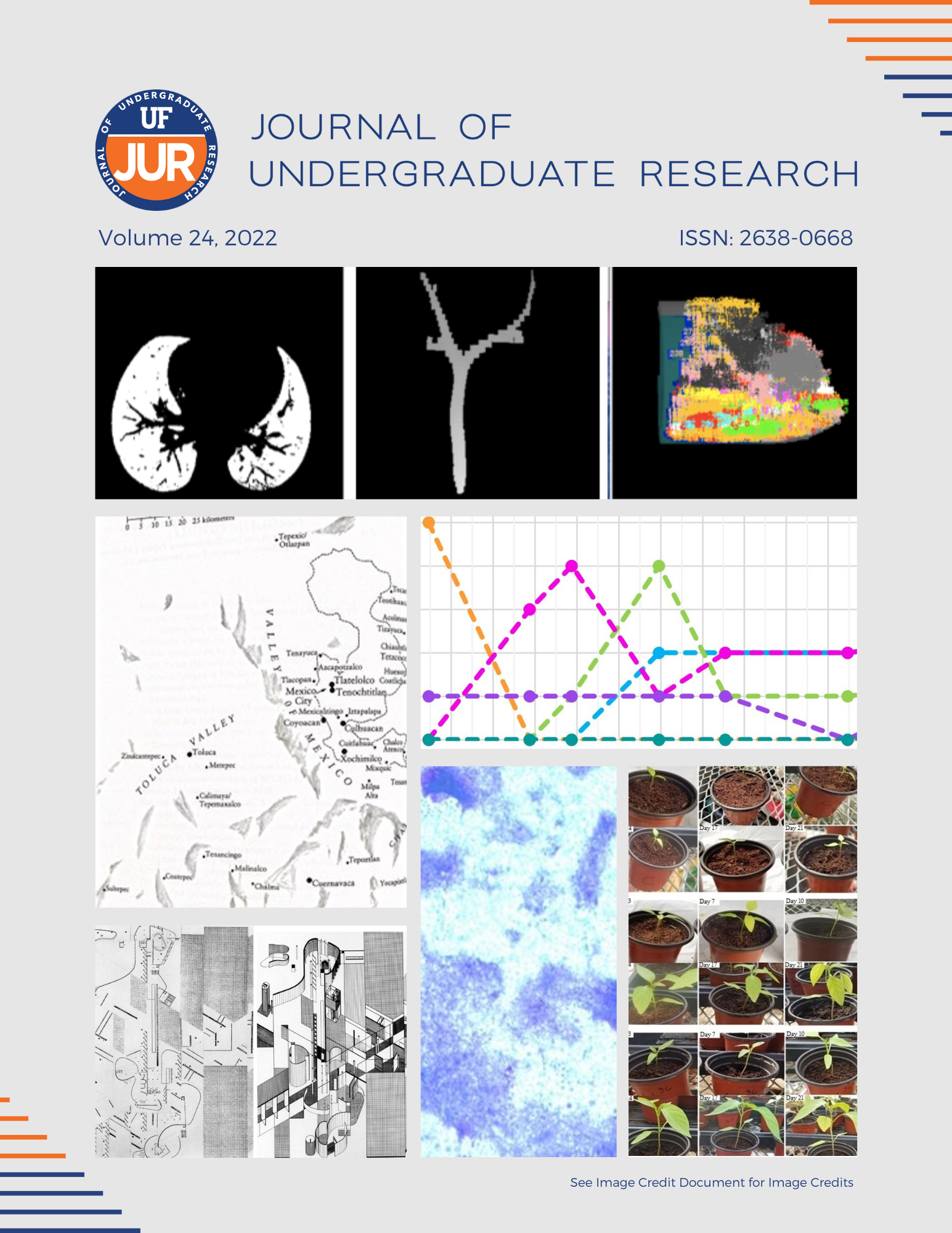The Force Majeure Clause, Impossibility, and Frustration of Purpose in the Age of Covid-19
DOI:
https://doi.org/10.32473/ufjur.24.130494Keywords:
Keywords: force majeure, impossibility, frustration of purpose, Covid-19, pandemic, government shutdowns, businesses, landlord, tenantAbstract
The Covid-19 Pandemic and the resulting government-imposed shutdowns have caused financial difficulty for many businesses in the United States. In particular, the shutdowns have strained landlord and tenant relations, as the failure of the latter to pay monthly rent has resulted in both parties taking their disputes to court. The contractual, legal doctrines of force majeure, frustration of purpose, and impossibility are being brought up in court by tenants who are hoping to have their nonperformance of contractual duties excused. For this study, fourteen pandemic-era court cases from around the country were analyzed in order to determine how the legal concepts of force majeure, frustration of purpose, and impossibility are being interpreted and whether the results were more in favor of the tenant or the landlord. The study found that courts interpreted the arguments in a very narrow manner, which resulted in very little victory for tenants. However, the author suggests that the practice of off-court resolutions in the face of strict legal jurisprudence could be an effective route for the disputing parties.
Metrics
Downloads
Published
Issue
Section
License
Copyright (c) 2022 Maria Gabriela Varas

This work is licensed under a Creative Commons Attribution-NonCommercial 4.0 International License.
Some journals stipulate that submitted articles cannot be under consideration for publication or published in another journal. The student-author and mentor have the option of determining which journal the paper will be submitted to first. UF JUR accepts papers that have been published in other journals or might be published in the future. It is the responsibility of the student-author and mentor to determine whether another journal will accept a paper that has been published in UF JUR.

